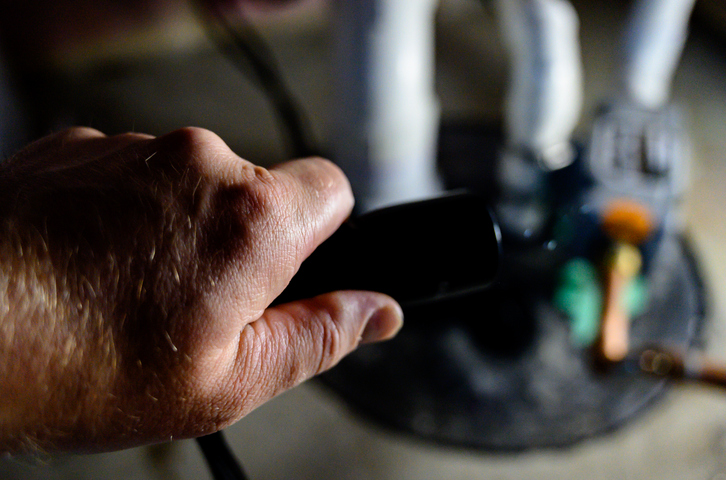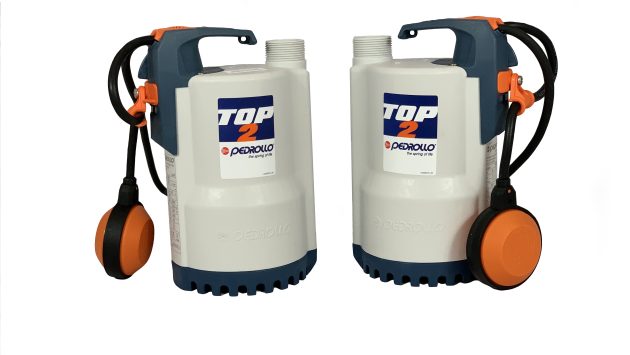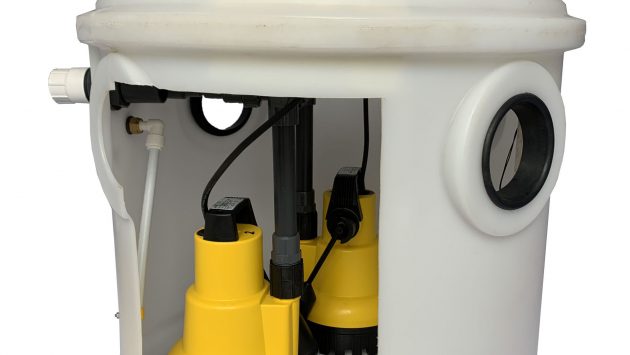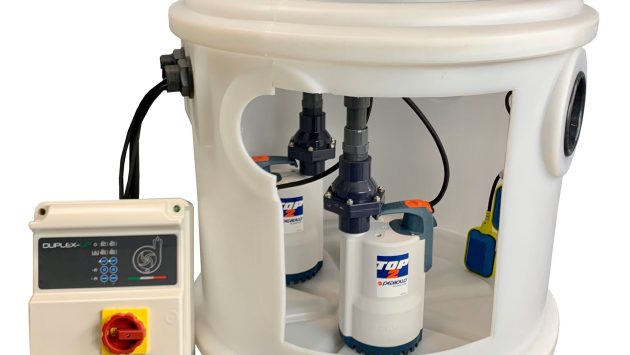How long does a sump pump last? Essential tips and maintenance advice
A sump pump is essential if you regularly find water in your cellar or basement to keep it from flooding and causing water damage or other damage to your property. However, like any mechanical equipment, it has a lifespan that may mean it’s not always as effective as you need it to be.
When buying products to keep your cellar dry, it’s important to know how long each will last so you can find the best solution for your home. Knowing how long a sump pump lasts and understanding proper maintenance can help you avoid unexpected failures and costly repairs.
In this blog, we’ll explore the typical lifespan of a sump pump, key factors that influence its longevity, and essential maintenance tips to ensure it continues to operate effectively.
How long does a sump pump last?
The average lifespan of a sump pump ranges from seven to ten years. However, this can vary based on several factors including the quality of the pump, how frequently it’s used, the conditions in which it operates, and how well it’s maintained. High-quality sump pumps that are properly maintained can last closer to the upper end of this range or even beyond.
For more information on how to find the right sump pump for your basement or cellar, read our blog: Finding the best sump pump for your basement or cellar: what do you need and why?
Factors influencing sump pump longevity
While sump pumps have an average lifespan, a few factors can affect their longevity.
- Frequency of use: Sump pumps that run frequently, such as those in areas with high groundwater levels or frequent heavy rain, will generally have a shorter lifespan due to increased wear and tear.
- Quality of the pump: Higher-quality sump pumps, made with durable materials and components, are likely to last longer. Investing in a reliable brand can be cost-effective in the long run.
- Installation Quality: Proper installation is crucial for the optimal performance of a sump pump. A professionally installed pump is less likely to experience premature failures.
- Maintenance: Regular maintenance can significantly extend the life of your sump pump. Ensuring that the pump and its components are clean and in good working order will help prevent issues that can lead to failure.
Essential basement sump pump maintenance tips
To maximise the lifespan of your sump pump, regular maintenance is key. Here are some essential tip:
-
Routine inspections
Regularly inspect your sump pump to ensure it’s functioning properly. Check the power cord, discharge pipe, and float switch for any signs of damage or wear. Make sure the pump is upright and not tilted, as this can affect its operation.
-
Clean the sump pit
Debris can accumulate in the sump pit over time, potentially clogging the pump and reducing its efficiency. Clean the sump pit at least once a year to remove any dirt, gravel, or other debris that may have collected.
-
Test the pump
Periodically test your sump pump system to ensure it’s working correctly. Pour a bucket of water into the sump pit at least once a year to remove any dirt, gravel or other debris that may have collected.
-
Check the discharge line
Ensure that the discharge line is clear and not blocked or frozen, especially during colder months. A blocked discharge line can cause the pump to overwork and potentially fail.
-
Battery backup system
If your sump pump relies on electricity, consider installing a battery backup system. This ensures that the pump continues to operate during power outages, which are common during severe weather conditions. A back up system will ensure you still have a power source even during bad weather conditions (which is when your pump is most likely to be needed).
When to replace your sump pump
Even with the best maintenance, sump pumps will eventually need to be replaced. Signs that it might be time for a replacement include:
- Frequent cycling: if the pump turns on and off frequently, it may be struggling to handle the water load or a higher water level.
- Noisy operation: Strange noises such as grinding or rattling can indicate worn-out components.
- Reduced performance: If the pump is not effectively removing water, it may be nearing the end of its life.
- Age: If your pump is approaching ten years old, it’s wise to start considering a replacement, even if it appears to be functioning normally.
Understanding how long a sump pump lasts and the importance of regular maintenance can help you keep your basement dry and avoid unexpected pump failures. By following these maintenance tips, you can extend the life of your pump and ensure it operates efficiently.
Need professional advice or assistance with your sump pump maintenance or sump pump installation? Our team also offers pump station servicing and commissioning so please contact us to learn more.



